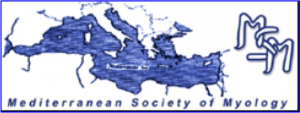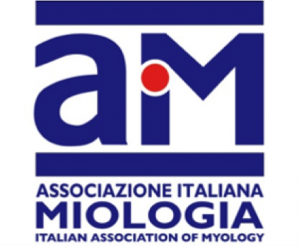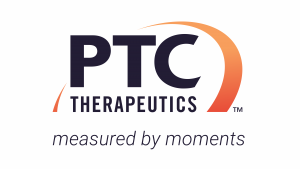Although the presence of cognitive deficits in Duchenne muscular dystrophy or myotonic dystrophy DM1 is well established in view of brain-specific expression of affected muscle proteins, in other neuromuscular disorders, such as congenital myopathies and limb-girdle muscular dystrophies, cognitive profiles are poorly defined. Also, there are limited characterization of the cognitive profile of children with congenital muscular dystrophies, notwithstanding the presence of cerebral abnormality in some forms, and in spinal muscular atrophies, with the exception of distal spinal muscular atrophy (such as the DYN1CH1-associated form).
Starting from the Duchenne muscular dystrophy, which may be considered a kind of paradigm for the co-occurrence of learning disabilities in the contest of a progressive muscular involvement, the findings of neuropsychological (or cognitive) dysfunctions in several forms of neuromuscular diseases will be examined and reviewed.






